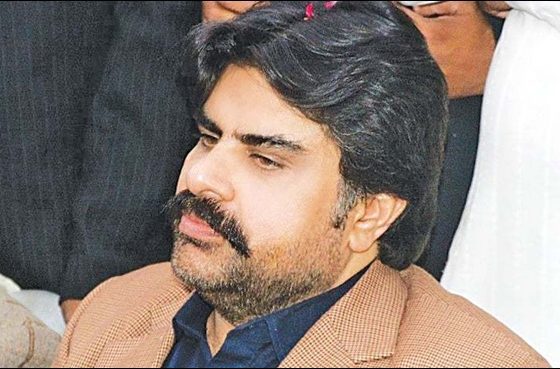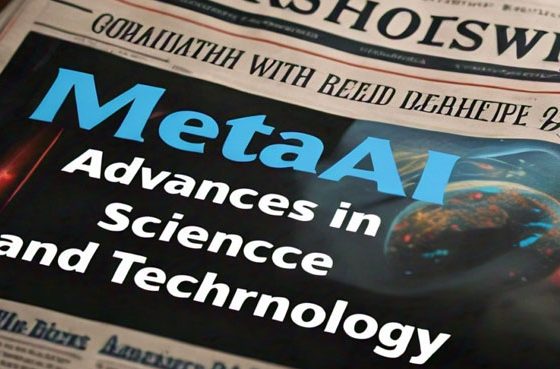” As Shehbaz Sharif gears up for his second term as Pakistan's Prime Minister, expectations run high, and challenges loom even larger. With a reputation for flexibility, he's seen as a figure who can bring relief to both the establishment and his coalition partners.
However, the road ahead is paved with critical decisions, especially as Pakistan faces near economic stagnation and pressure from the International Monetary Fund (IMF) to implement key reforms, which aim to further tighten belt, enhance revenues and further curtail already meagre development expenditures.
The dual challenge of managing a fragile coalition, characterised by diverse interests and ideologies, and confronting a vocal opposition, notably Imran Khan's PTI-backed members, adds complexity to Sharif's task.
The need to revitalise a struggling economy demands decisive actions, from driving investments to boosting exports and fostering trade. Navigating IMF pressure amid financial constraints, high debt, and hesitancy from domestic and foreign private sectors due to security concerns and political uncertainty makes Sharif's tenure one of the most challenging yet crucial periods for any political leader.
The economic intricacies that Sharif's government will have to navigate are considerable, with Pakistan already ensnared in a debt trap. The burden of $130 billion in foreign loans, coupled with the obligation to repay $10 billion by June 30, presents a formidable immediate challenge. Foreign reserves, standing at a modest $8 billion, further complicate the task, raising questions about the feasibility of repaying the outstanding amount, even if friendly nations rollover half of the total payable.
As the current IMF bailout package nears its end in April, the government will once again seek financial assistance from the international lender, ushering in further tightening measures, which would lead to low growth and high revenue collection. This, unfortunately, translates to an increased burden on the already suffering masses, grappling with hyperinflation, and unmanageable gas, electricity charges and ever-increasing cost of living with limited resources in hand. The economic strain is evident as more than half of the country’s tax revenue is allocated to debt payments, leaving minimal funds for the Public Sector Development Program, an area where the PML-N government takes pride.
The allure of attracting investment and expanding trade with economically robust Western nations seems an ideal solution to Pakistan's economic challenges. However, political instability, security concerns, inconsistent policies, high energy costs, lack of skilled labour and regulatory barriers act as deterrents, making significant Western investment an uphill battle. Western investors if invited would also grapple with concerns related to transparency, governance, and the legal system. Geopolitical factors, particularly Pakistan's strong ties with China, add another layer of complexity to engagements with the West.
A parallel option, seeking support from rich Gulf countries, seems less promising due to a poor record in the past, with Pakistan attracting less than $2 billion in foreign direct investment during the last calendar year. Many leading companies have exited the country, and the value of remaining investments has diminished significantly over the last two years due to the rapid devaluation of the currency.
In this challenging scenario, Sharif's pragmatic approach could involve leveraging the China-Pakistan Economic Corridor (CPEC) for maximum benefit. Existing projects under CPEC-1, valued at $19 billion, have seen completion. Another 27 projects, valued at $13.7 billion, are in progress and 36 projects estimated at $26.3 billion are in the planning stage. But even though CPEC-2.0 presents potential opportunities for economic rejuvenation, this path is fraught with challenges, including Western pressure and the mounting burden of Chinese debt, constituting 30 per cent of the country’s total debt.
The Special Investment Facilitation Council (SIFC), with backing from the country’s powers that be, would play an important role in facilitating key economic initiatives. However, the reality of a minority government – with 37 per cent of the vote going to PTI in the February 8 elections, which is equal to combined votes bagged by PML-N and PPP – makes the new dispensation a minority government.
Opposition parties, particularly PTI, are likely to adopt a confrontational stance inside and outside parliament on every new legislative or administrative step. They would pose a considerable challenge to economic measures and potentially extract a political cost from the government.
The coalition, a marriage of convenience orchestrated by powerful quarters, faces many potential internal conflicts as parties pursue their own interests and agendas. Privatisation, a potential remedy for loss-making entities, is likely become contentious, with the PPP possibly opposing such moves. The aftermath of the 18th amendment further complicates matters, with provinces gaining a major share of revenue and no liability for loan payments. Any potential moves to alter resource and liability share is likely to face stiff resistance from provinces governed by different parties.
The powerful military establishment's sway in economic matters, through SIFC, leaves the civilian setup almost handicapped. The challenge is further exacerbated by the hybrid governance system adopted in recent years, where civilians have willingly ceded space to the establishment on almost all matters typically domain of civilians.
Beyond these myriad challenges, Sharif's government would have to grapple with many other impediments of bureaucratic, administrative, and political barriers that have hindered progress. Comparisons with neighbouring countries, especially with India's burgeoning economy and Bangladesh's consistent growth, intensify the pressure on Sharif's administration to demonstrate tangible progress and economic resilience.
In this web of challenges and opportunities, Shehbaz Sharif's leadership will be put to the test, and the nation watches with bated breath if he would be able to steer Pakistan through a critical period of economic and political transformation.
Irfan Ghauri is a senior journalist and seasoned communications specialist. His forte lies in current affairs and political analysis
All facts and information are the sole responsibility of the author ”















